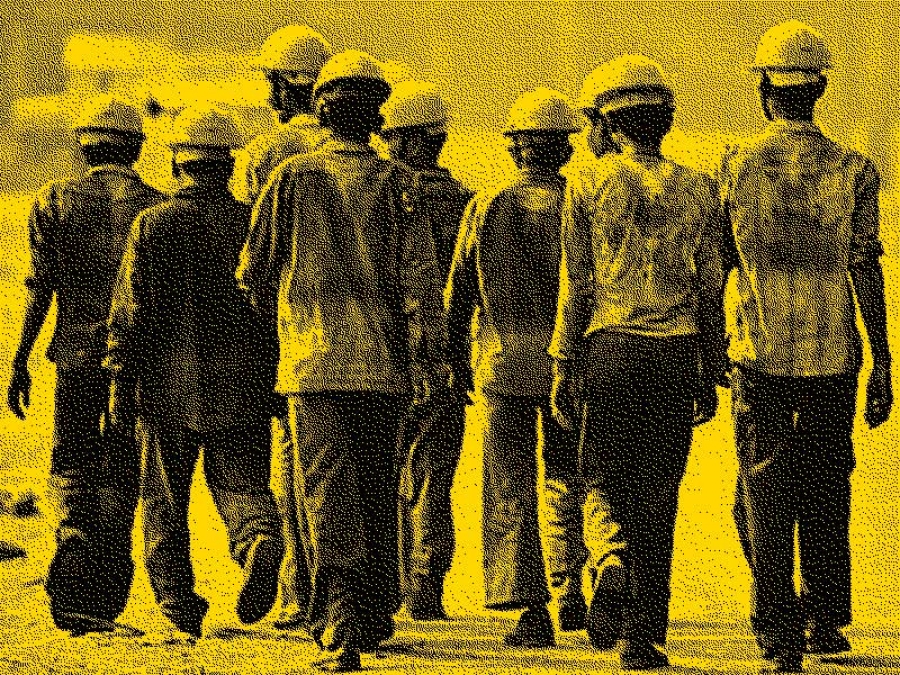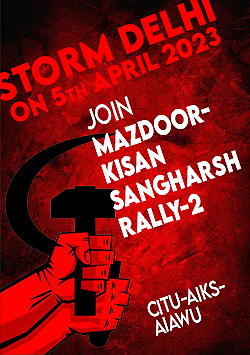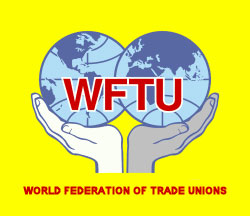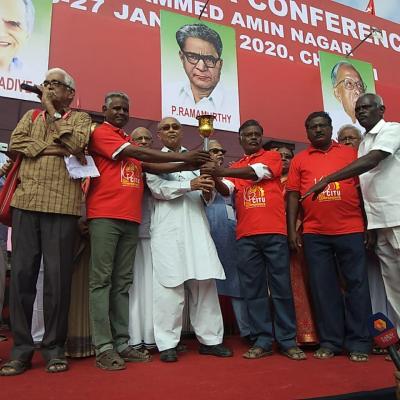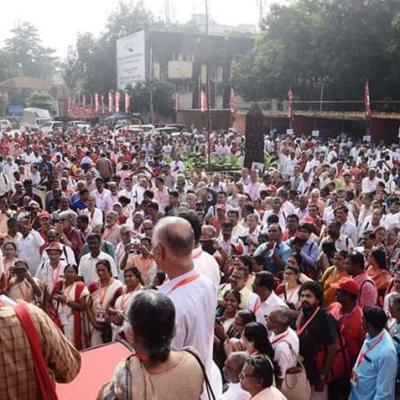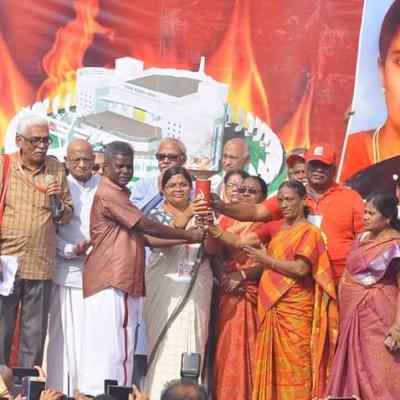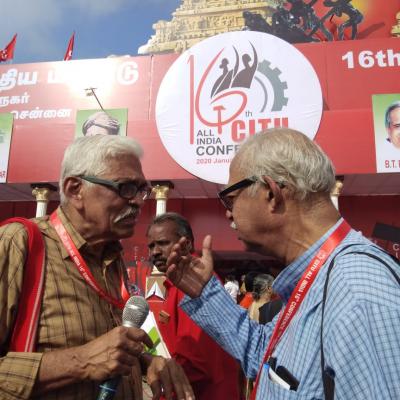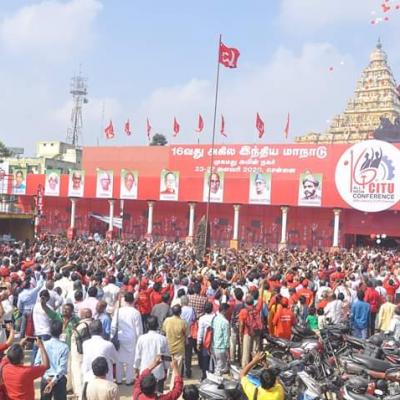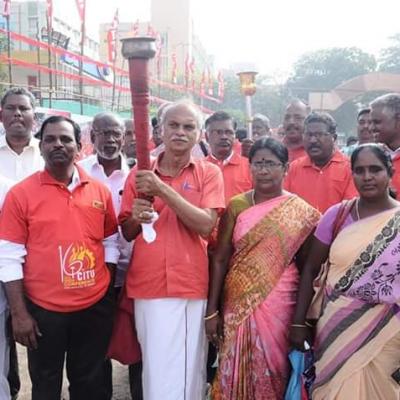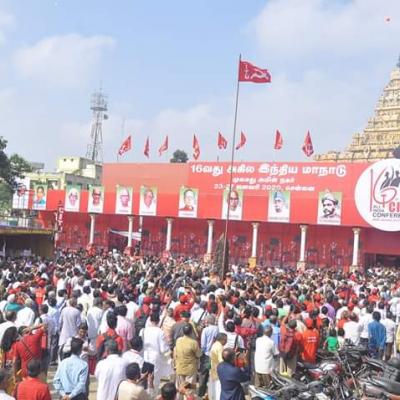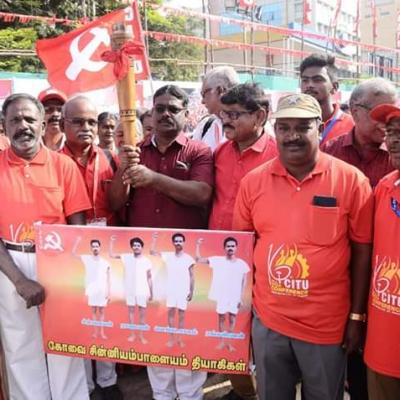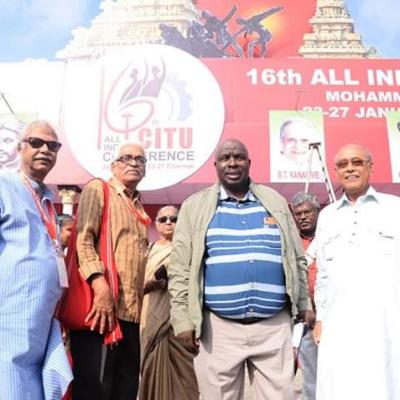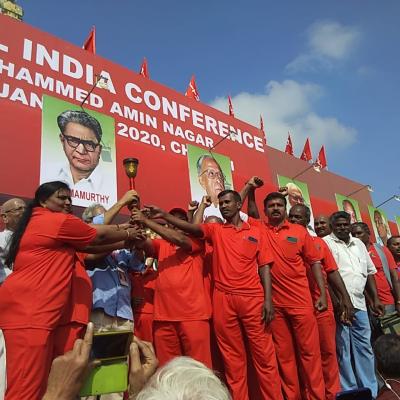The Code on Wages Bill did not incorporate the concrete formulae of Minimum Wage (based on 2700 calorie intake etc) decided unanimously by 15th Indian Labour Conference along with the Supreme Court Judgment in the Raptakkos Brett case in 1992, which was again unanimously recommended by 44th Indian Labour Conference and unanimously reiterated by 45th and 46TH Indian Labour Conference (2014) in which Govt of India was a party. It has practically placed the minimum wage fixation (including national floor level minimum wage) under the total discretion of the Govt and the bureaucracy; although provision of tripartite Minimum Wage Advisory Board has been kept in the Bill, provision has been so designed that the recommendation of the Board will not be binding on the Govt. What Govt of the existing BJP brand can do with the Minimum Wage is already seen by all when the Labour Minister did announce the floor level minimum wage at Rs 178/- per day (Rs 4628 per month) on 10-7-2019 through a press conference which is less than half of what the Expert Committee appointed by the same Govt recommended as floor level wage, not to speak of the trade unions demand for Rs 18000 per month formulated as per the formula unanimously agreed by the Indian Labour Conference in which Govt was a party. The BJP Govt under absolute captivity of the private corporate lobby could not dare to stand by even the recommendation of their own Expert Committee, comprising of their chosen bureaucrats. To ensure the “ease of loot by the employers” this Govt can go to any extent to throw the workers and employees to sub-human living conditions.
CITU condemns such anti-worker move of the Govt and calls upon the workers and unions irrespective of affiliations to build up strong countrywide united protest and resistance to such retrograde exercise.
(Tapan Sen)
General Secretary








